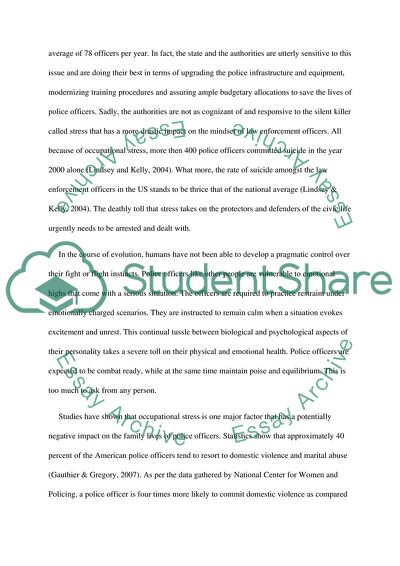Cite this document
(Humanity of Policy Research Proposal Example | Topics and Well Written Essays - 2500 words, n.d.)
Humanity of Policy Research Proposal Example | Topics and Well Written Essays - 2500 words. https://studentshare.org/psychology/1725321-literature-review
Humanity of Policy Research Proposal Example | Topics and Well Written Essays - 2500 words. https://studentshare.org/psychology/1725321-literature-review
(Humanity of Policy Research Proposal Example | Topics and Well Written Essays - 2500 Words)
Humanity of Policy Research Proposal Example | Topics and Well Written Essays - 2500 Words. https://studentshare.org/psychology/1725321-literature-review.
Humanity of Policy Research Proposal Example | Topics and Well Written Essays - 2500 Words. https://studentshare.org/psychology/1725321-literature-review.
“Humanity of Policy Research Proposal Example | Topics and Well Written Essays - 2500 Words”. https://studentshare.org/psychology/1725321-literature-review.


